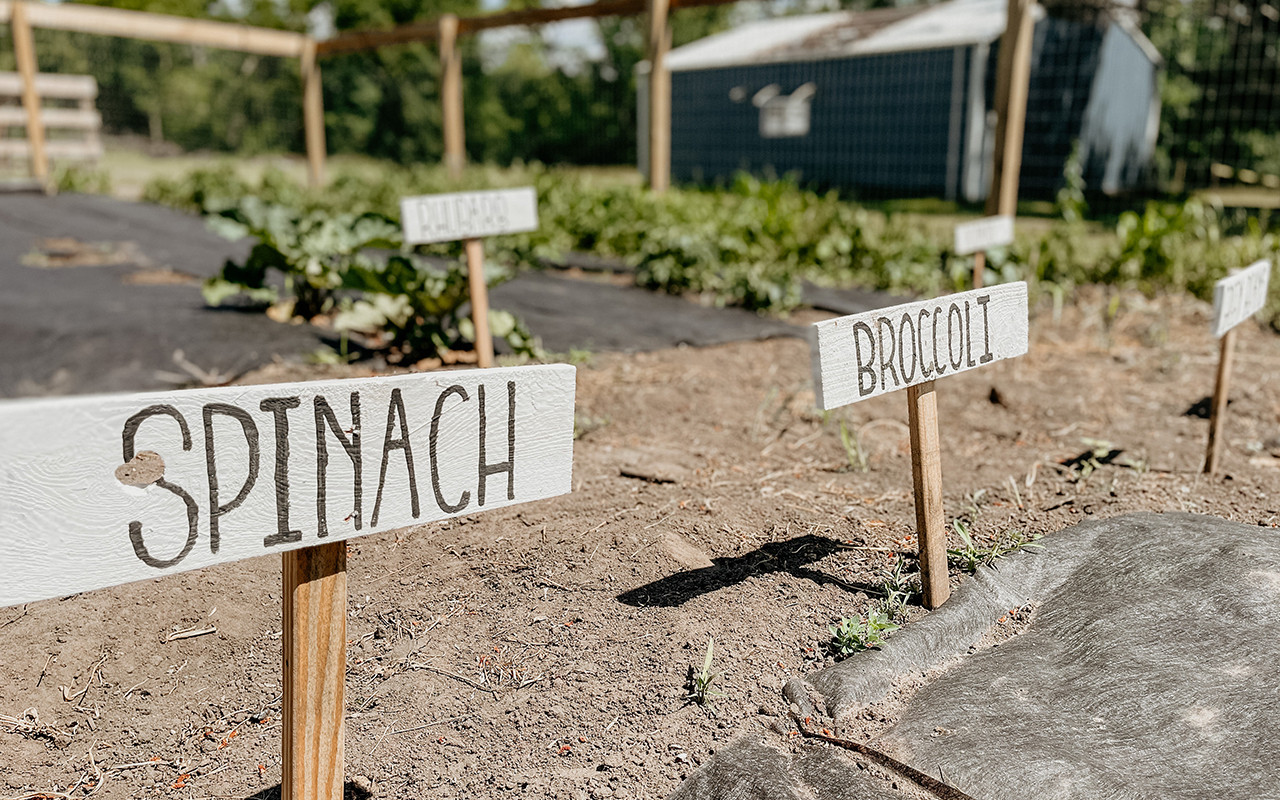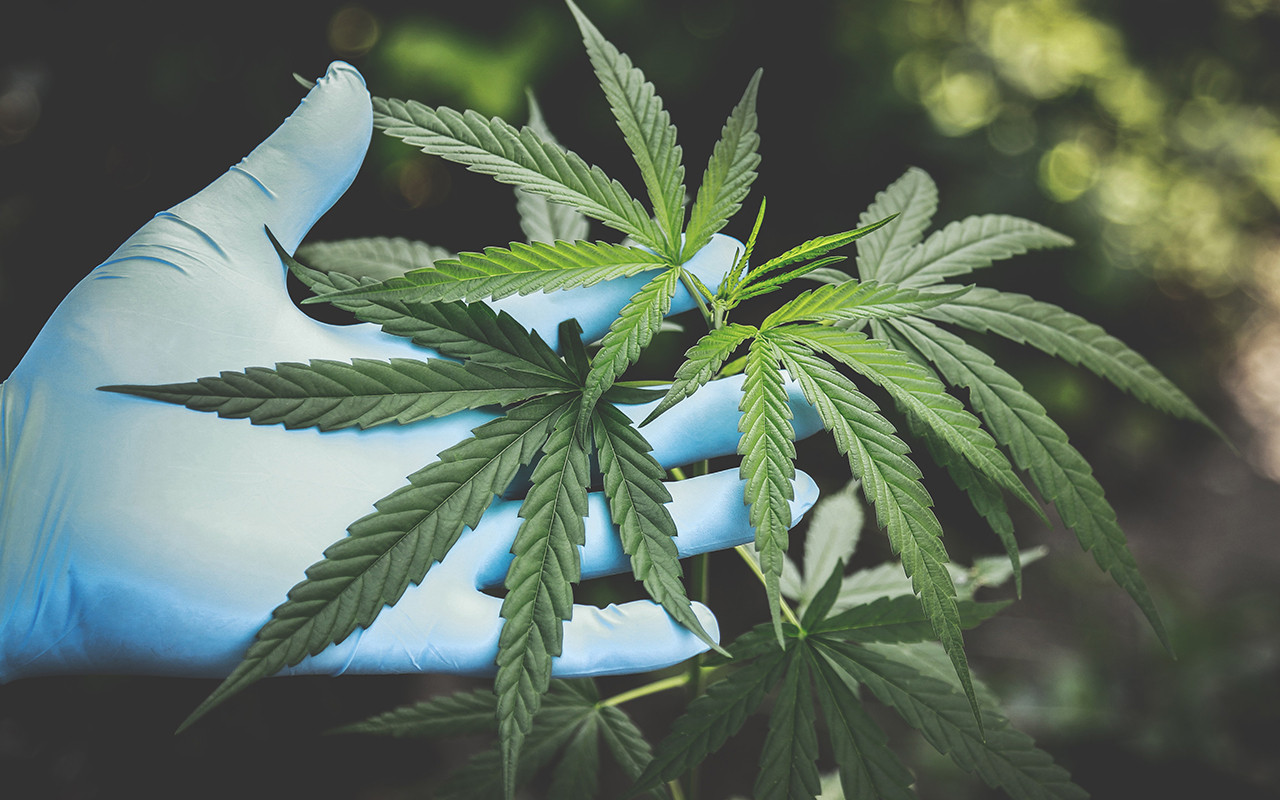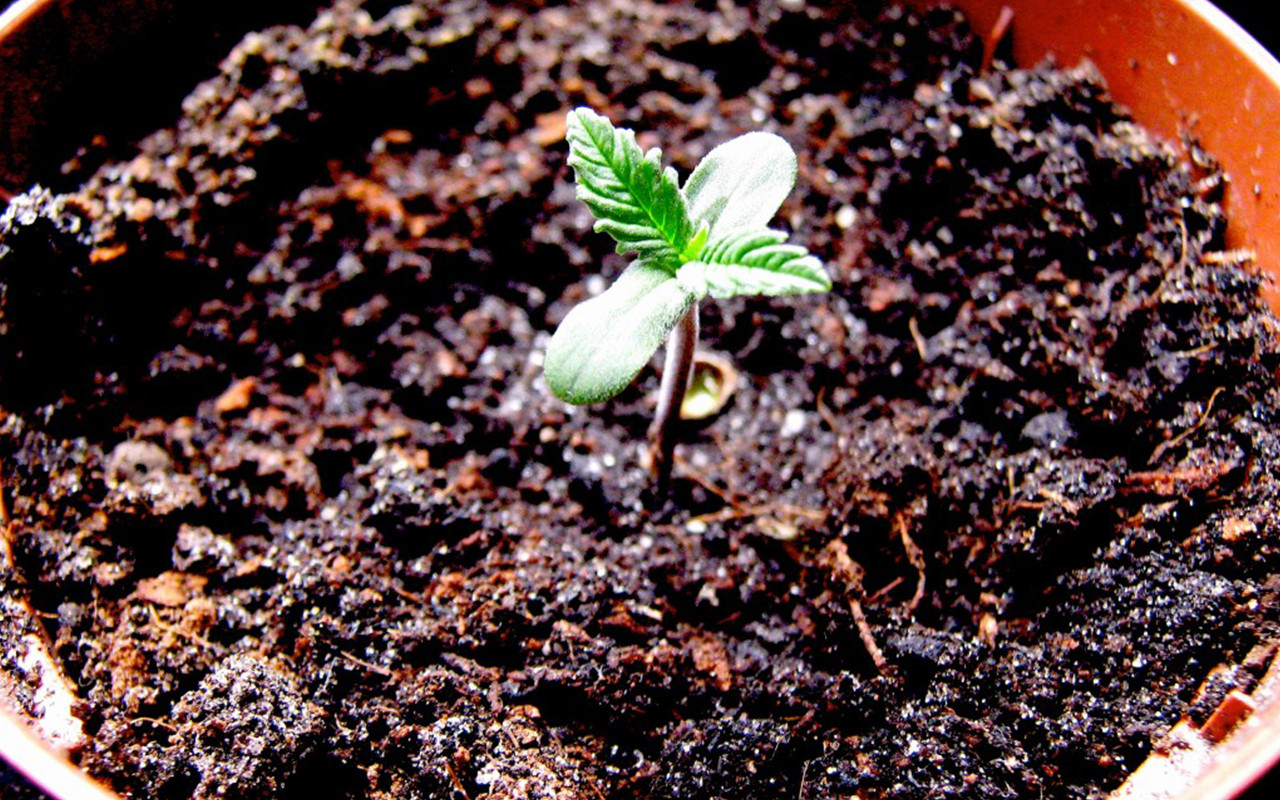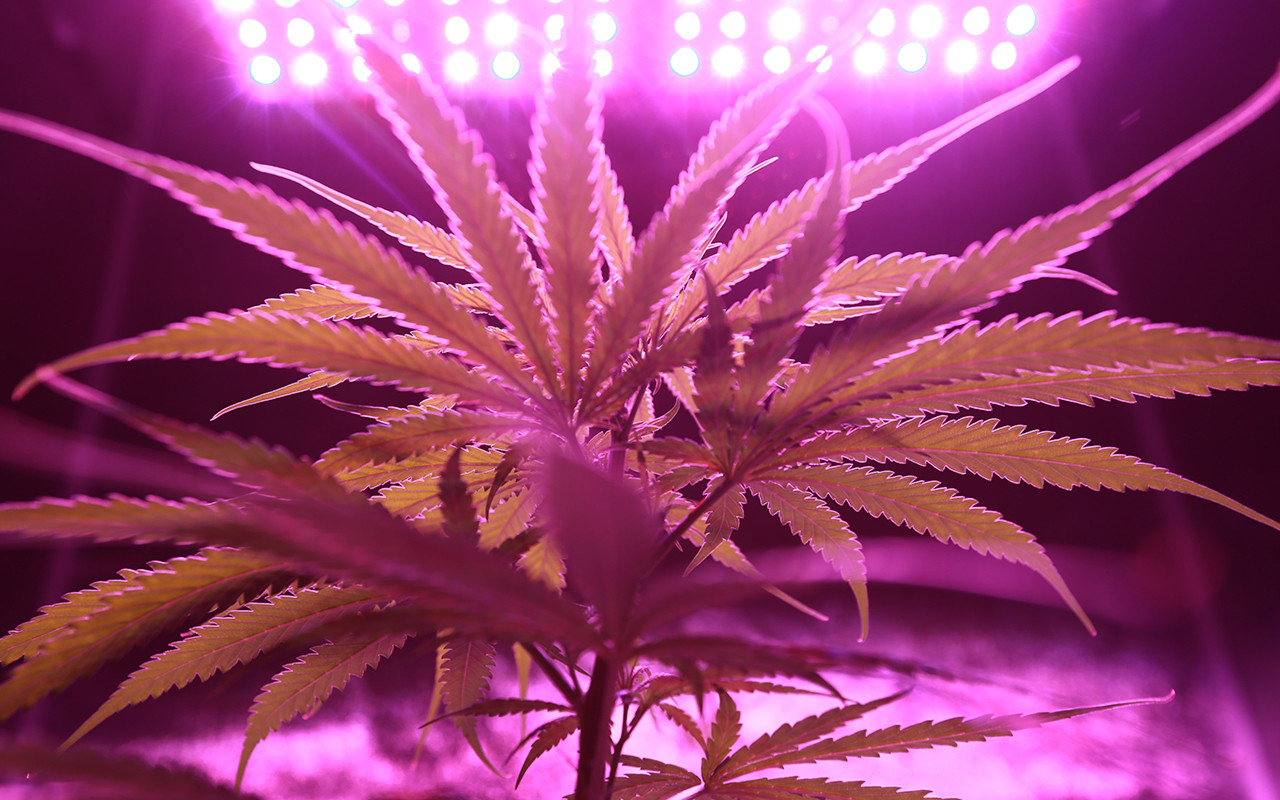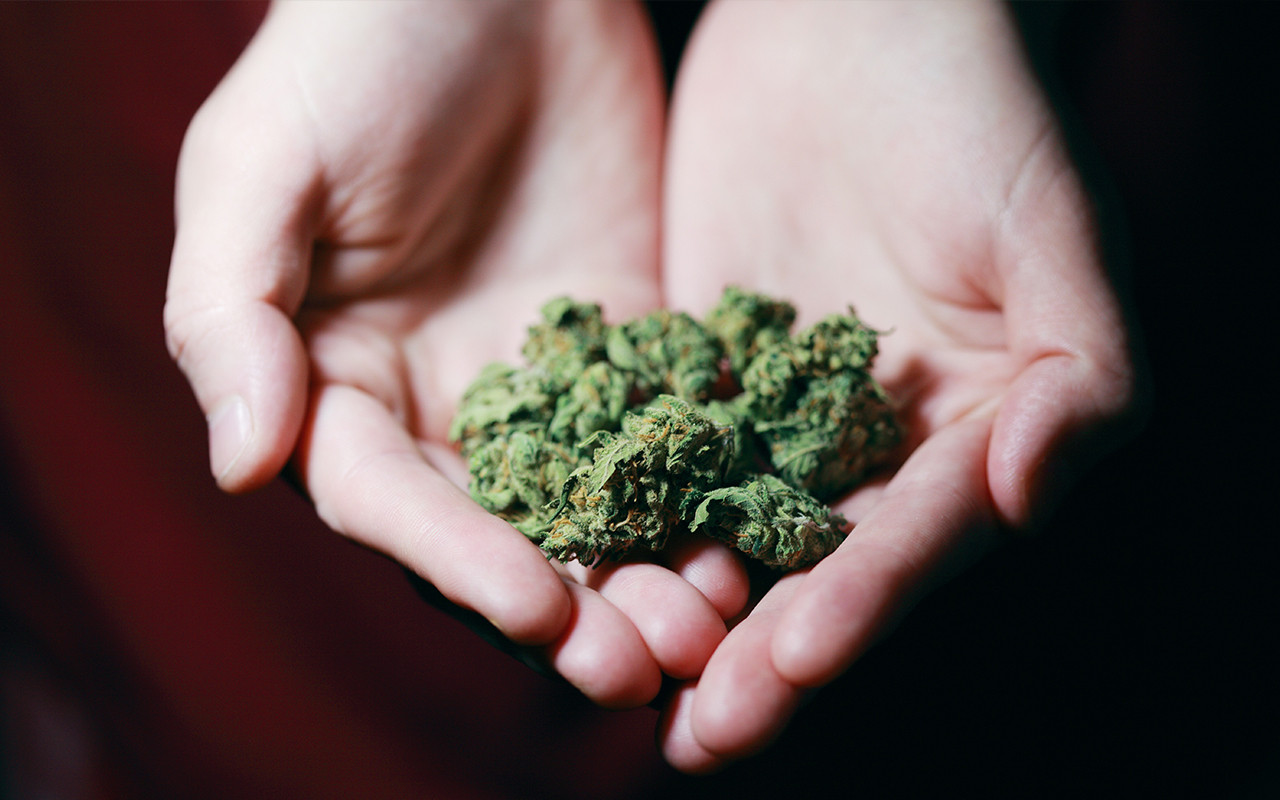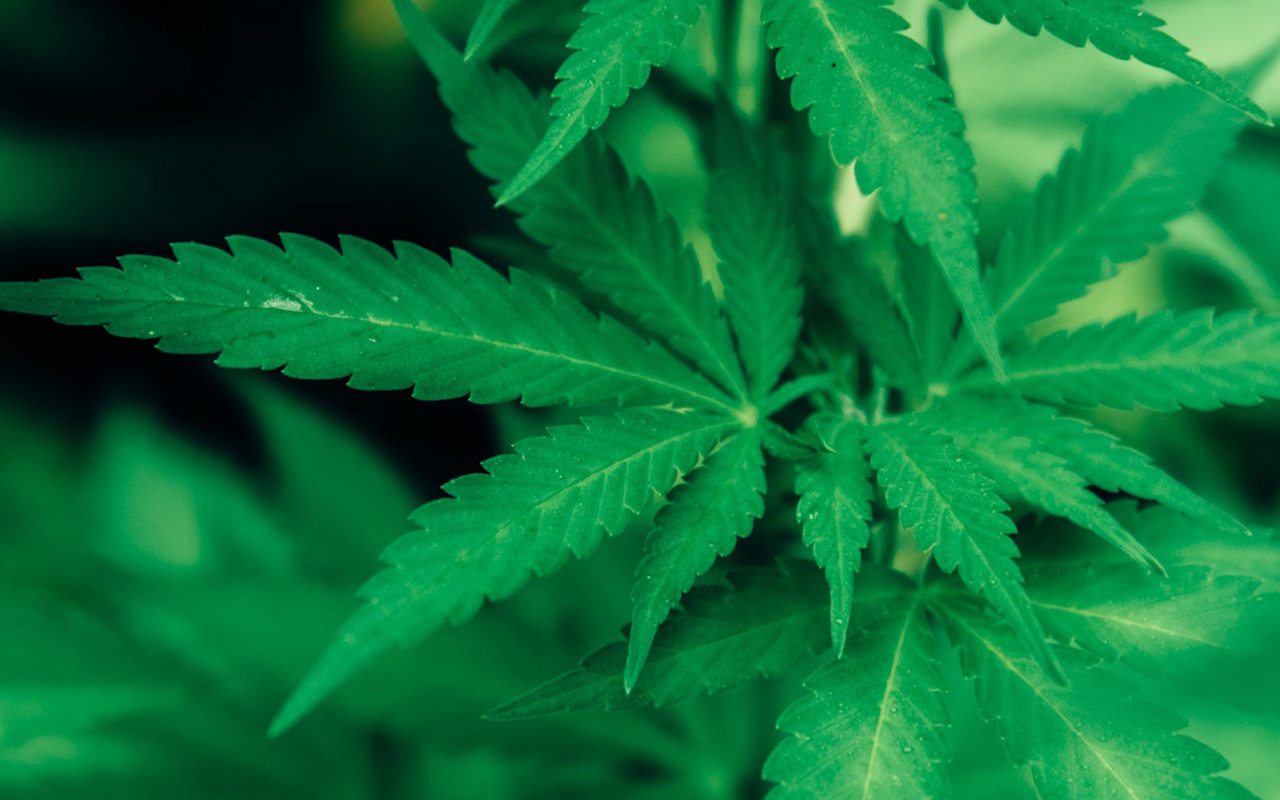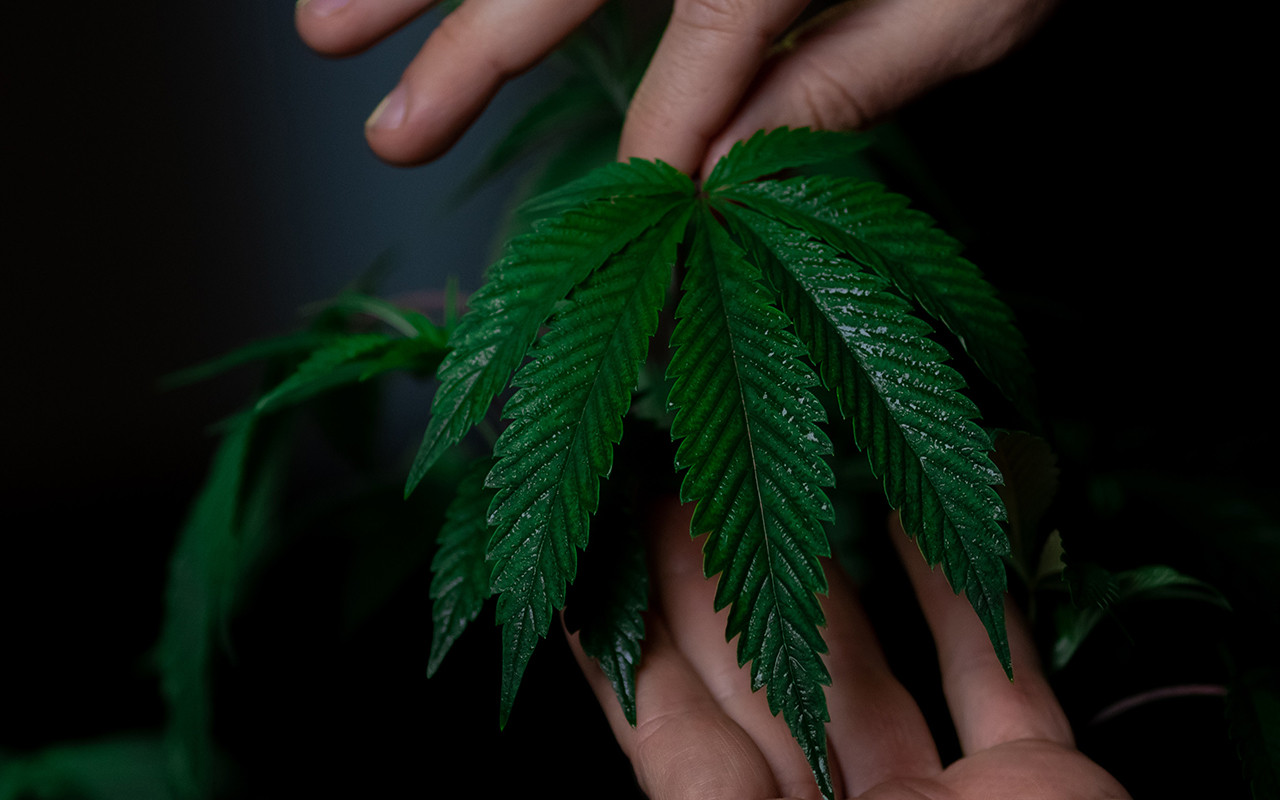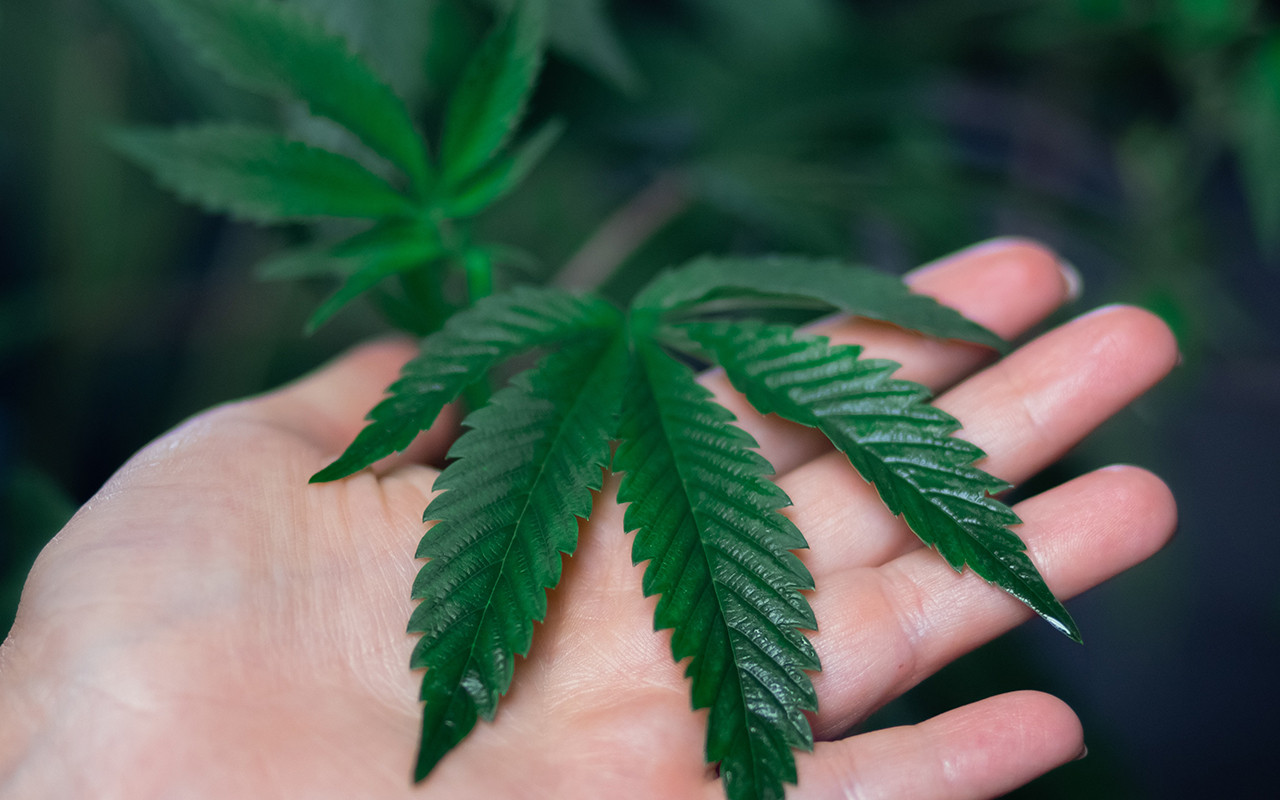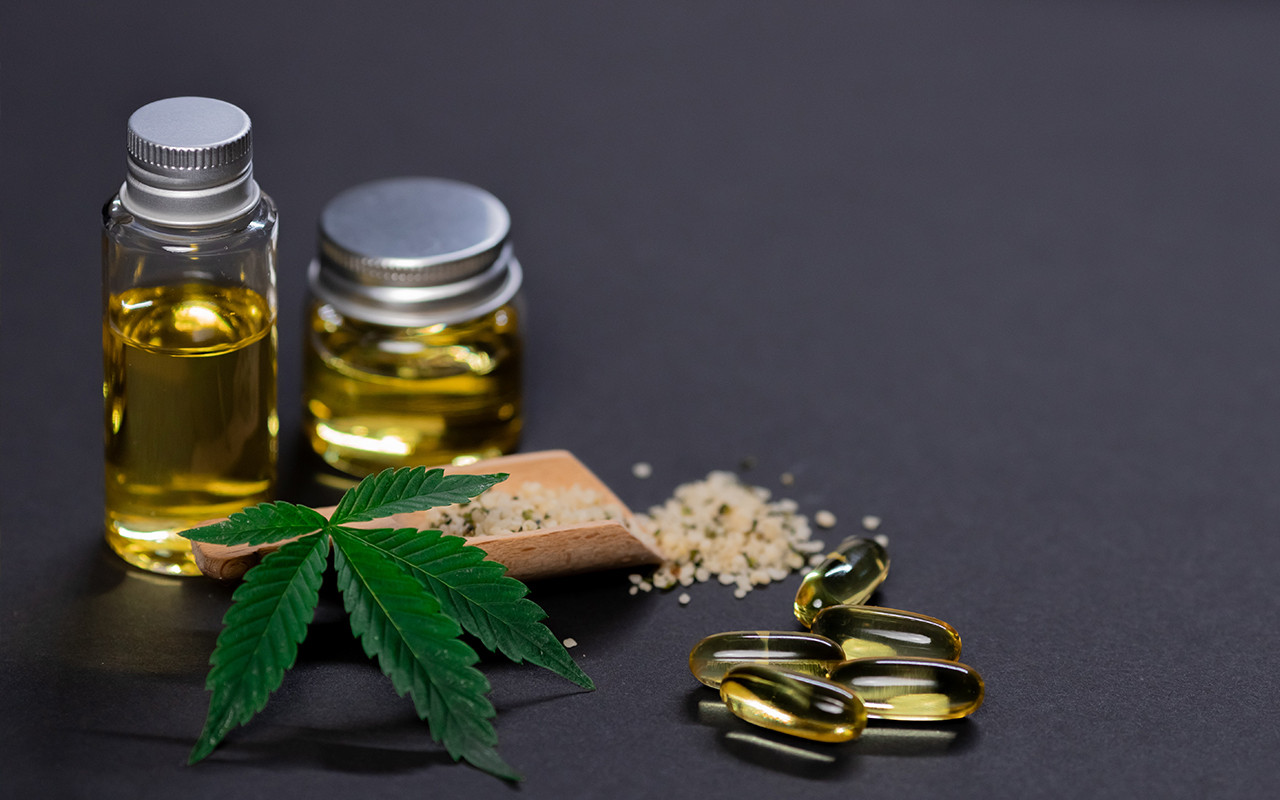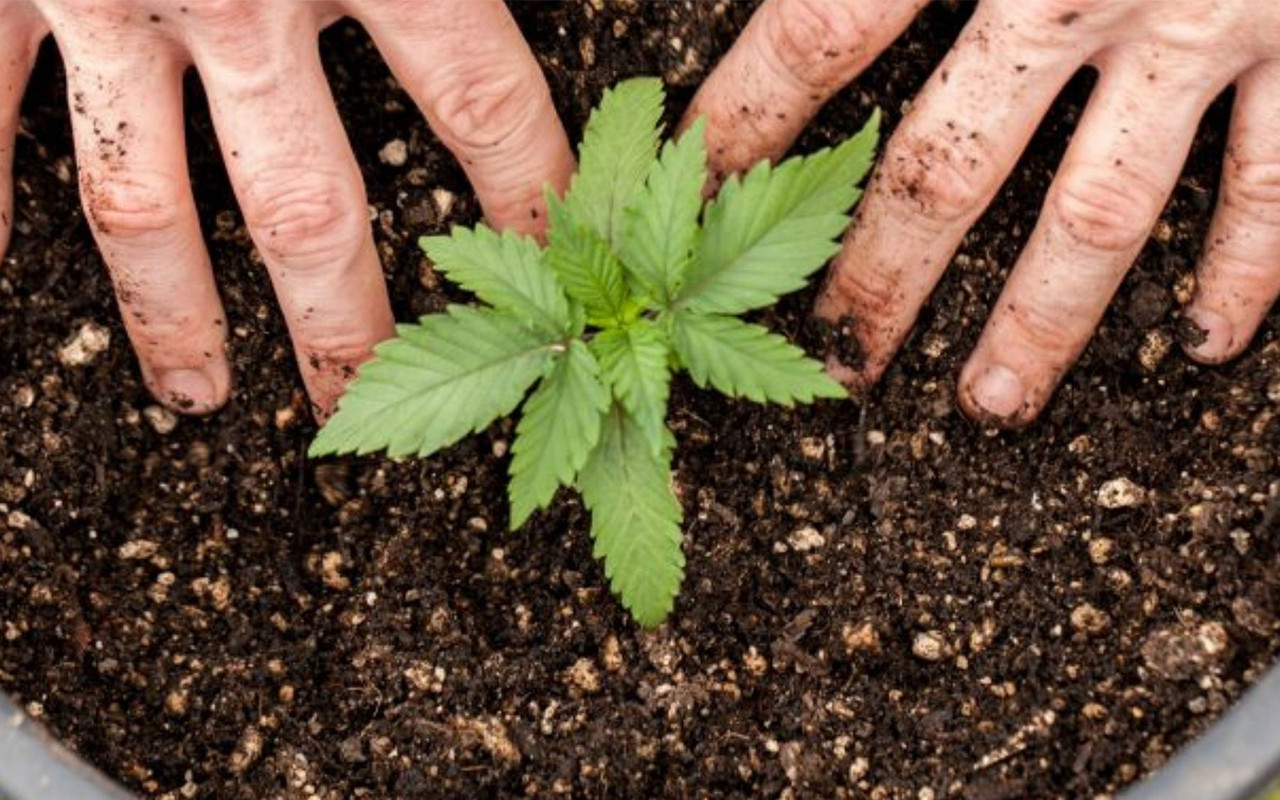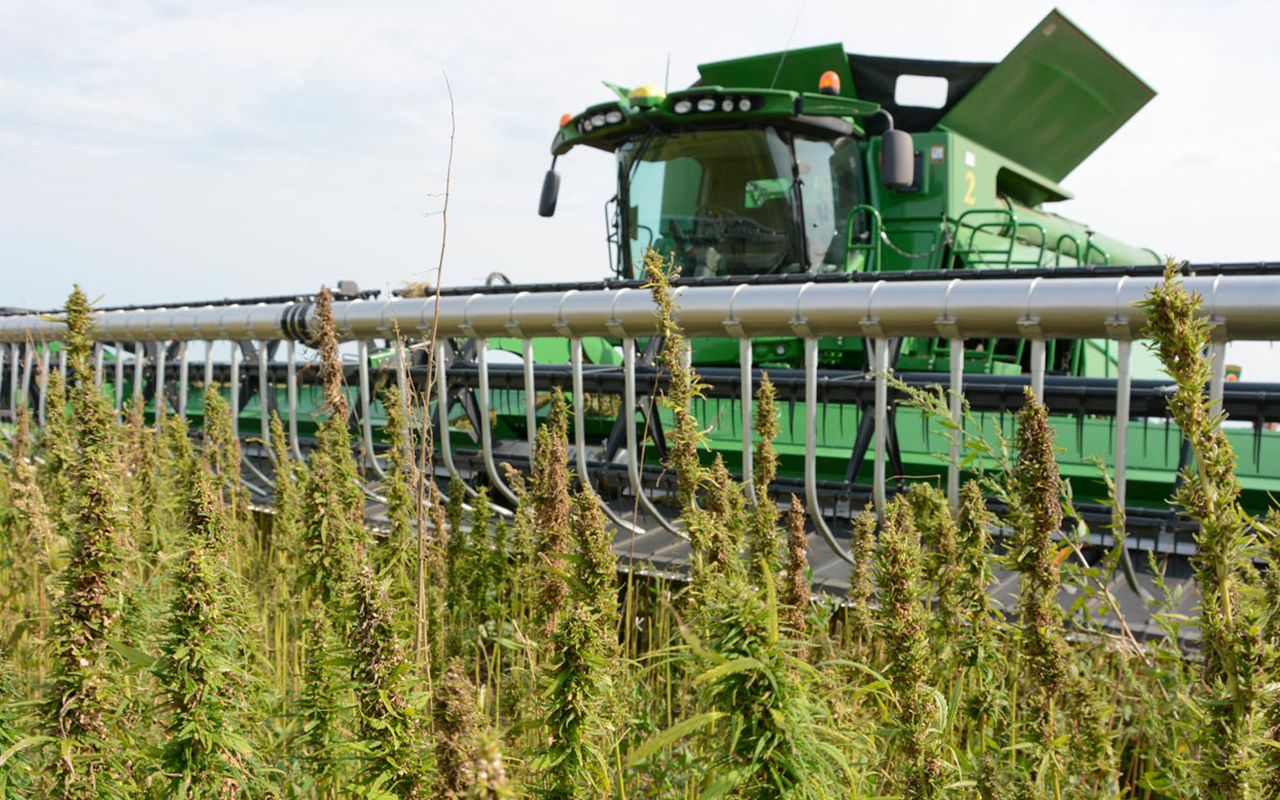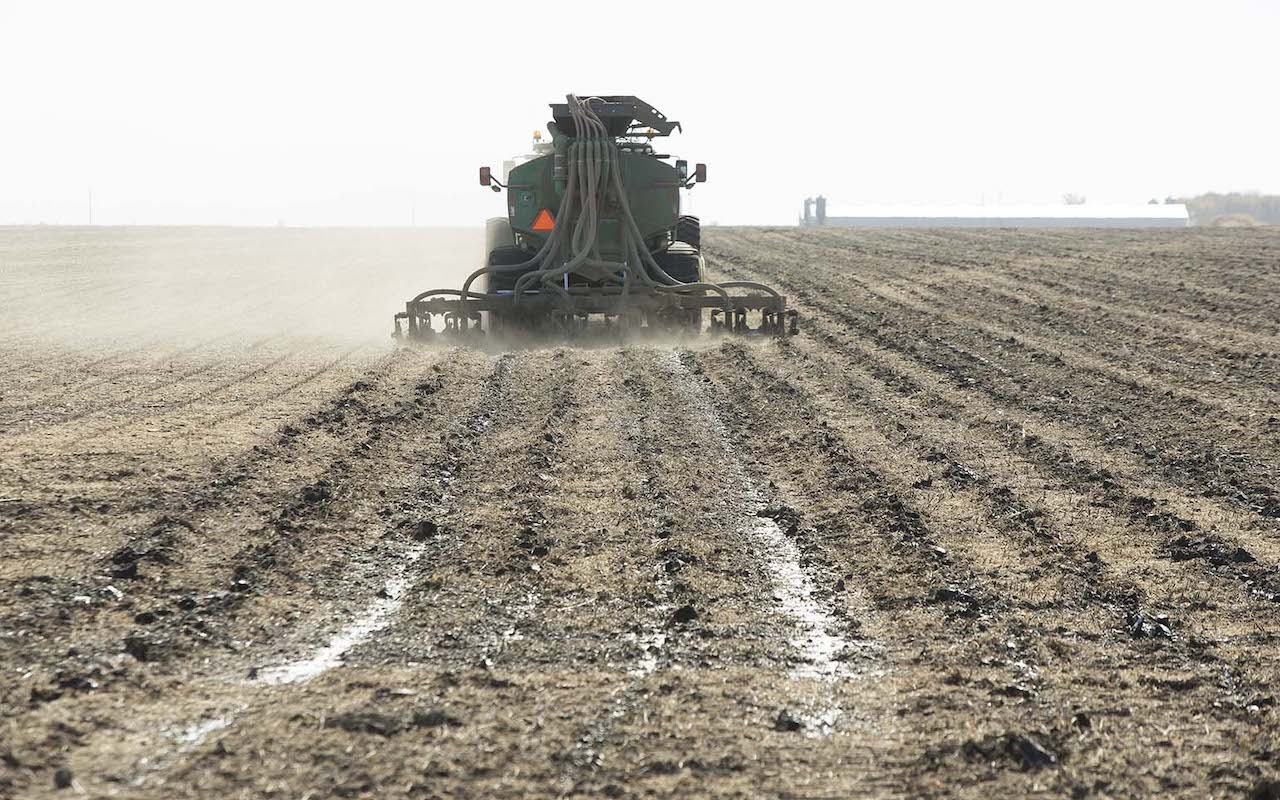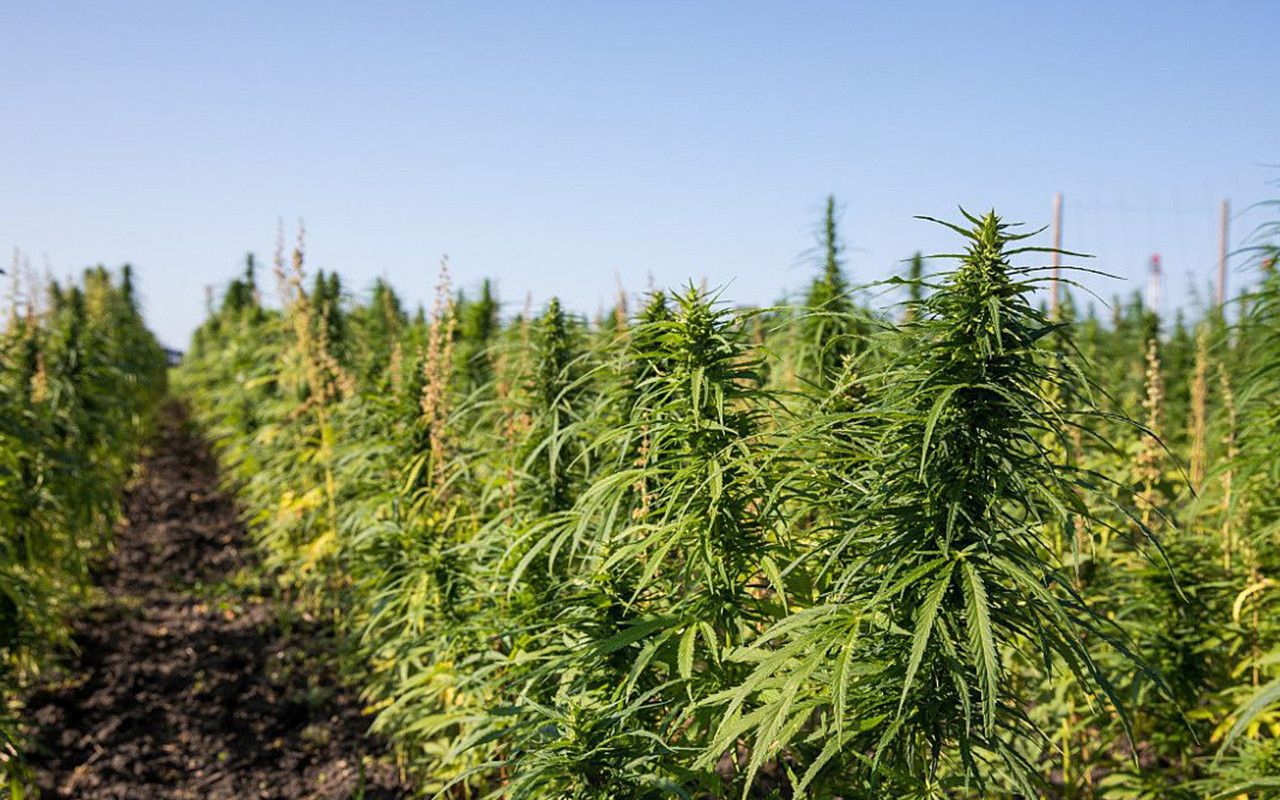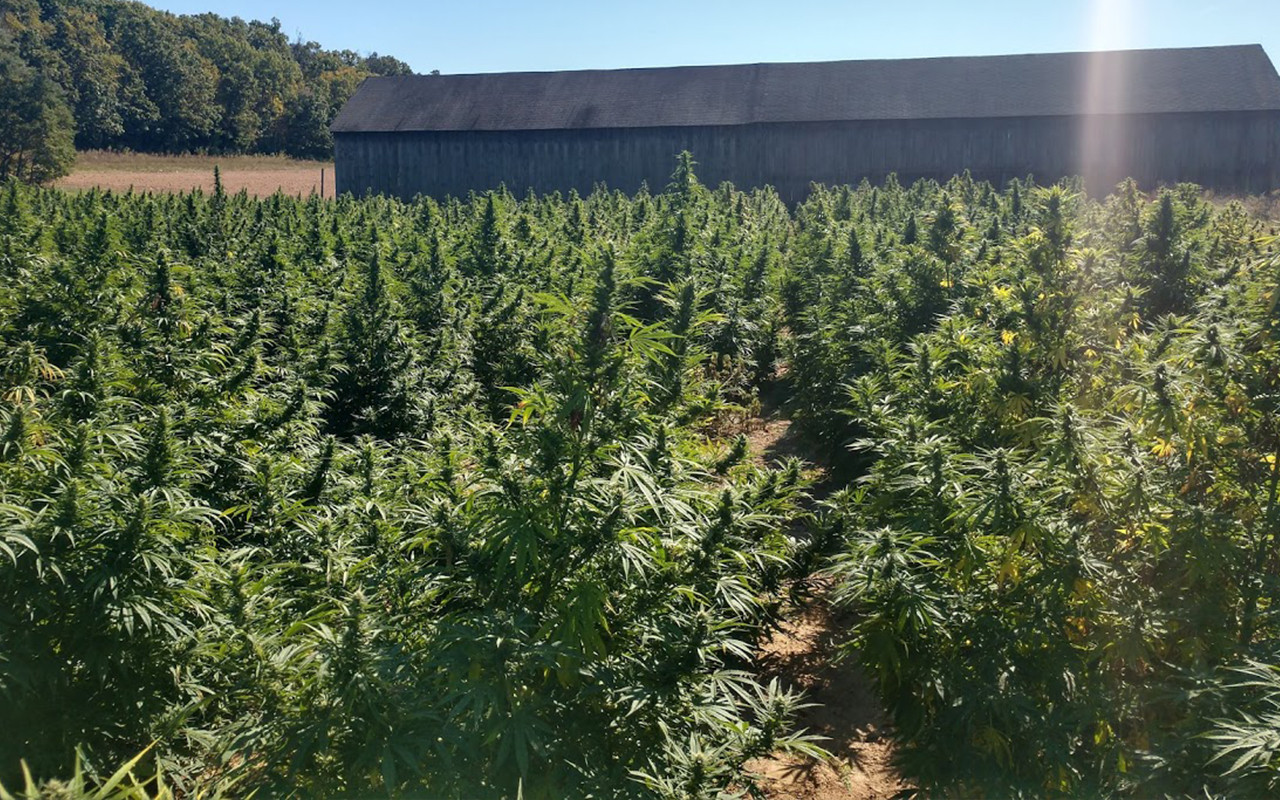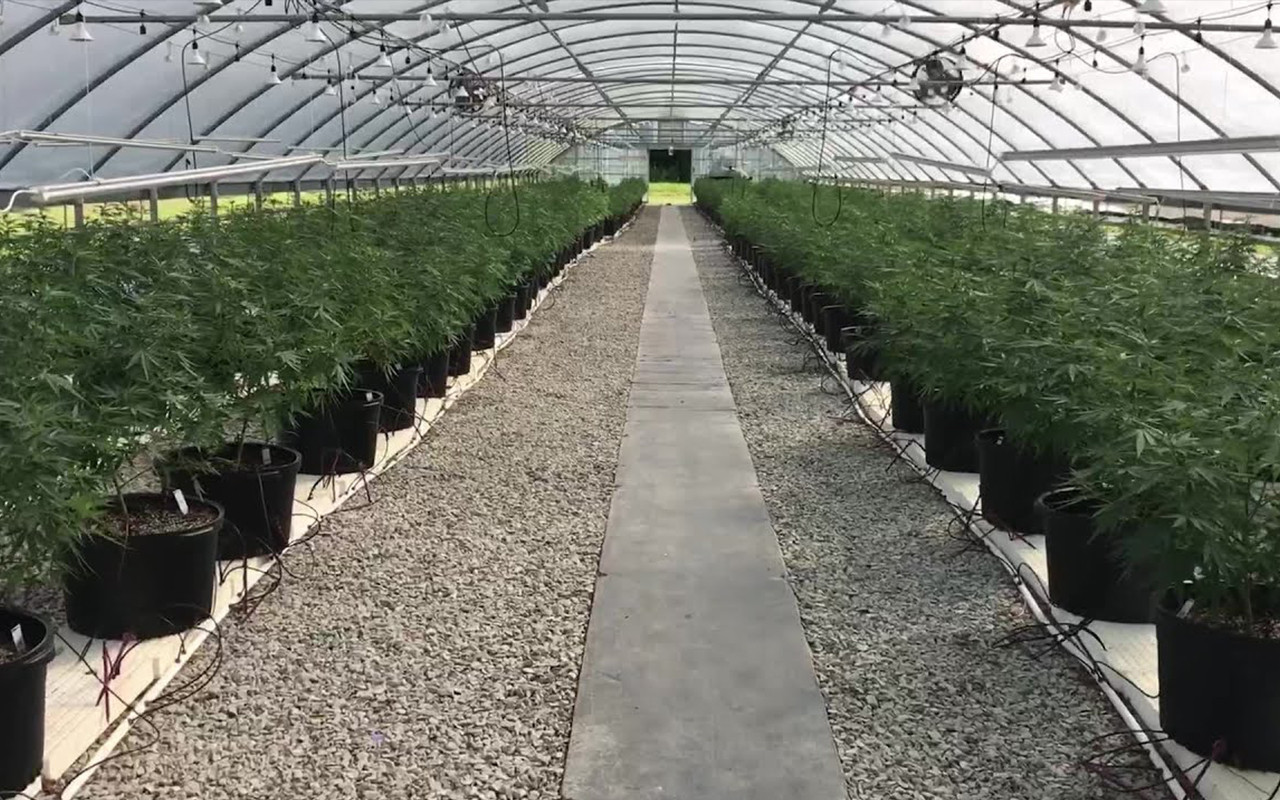Tag "hemp"
Hemp cultivation is an agricultural art that demands an exceptional degree of care and precision, with the harvesting stage playing a pivotal role in determining the final quality of the produce. The way the hemp is harvested can significantly influence the end-product’s quality, making it an absolutely non-negotiable stage where meticulous attention to detail is central. Properly harvested hemp guarantees not only a superior final product but also helps in maintaining legal compliance, ensuring your operations do not run afoul of any regulatory requirements.
A well-timed harvest, complemented by the use of specialized equipment, can help maximize the yield and quality of your hemp crop. This guide is designed to illuminate the best practices for harvesting different parts of the hemp plant. We will delve into the optimal timings for harvest, the importance of using the right tools, and how these factors contribute to the overall quality of your crop. Understanding these best practices will equip hemp growers with the knowledge required to consistently produce high-quality, legally compliant hemp.
From amateur gardeners to experienced cultivators, finding the right balance of organic inputs for a successful hemp harvest can be a challenging task. Organic farming requires an intricate understanding of the specific needs of your soil and plants, and timing your fertilizer is one of the most important components - but knowing when and how much to apply isn't always easy! In this blog post, we'll explore the basics of understanding your soil and plants in order to accurately time your fertilizer application for optimal hemp growth.
The popularity of hemp farming has been on a steady increase over the recent years, with industrial hemp becoming a sought-after crop for commercial farming. Industrial hemp has various applications ranging from textile manufacturing, food production, beauty, and healthcare products. However, to achieve a bumper harvest, farmers need to understand the science behind organic fertilizers for industrial hemp production.
Unlike traditional fertilizers, organic fertilizers rely on natural sources to provide essential nutrients for the hemp plant. These fertilizers are obtained from plant or animal sources, minerals, and even manure. The organic farming approach focuses on promoting soil health and microbial diversity, thus ensuring long-term soil fertility.
Are you an industrial hemp grower looking to get the most out of your crop? You’re in luck! Fertilizers can help by improving soil quality, so plants have access to better nutrients. But what are some common mistakes made when using fertilizers on industrial hemp? Read on for tips to ensure you’re getting the best yield and value from your fertilizer investment. Ligno OU is a European organic fertilizer manufacturer that wants to share their knowledge with growers like you about how this product can make all the difference. Learn how choosing the wrong type of fertilizer, not understanding ph levels or timings can put your crop at risk - and even bring disaster if done incorrectly. With these helpful tips, let’s work together to successfully apply fertilizer for optimal results and healthier crops!
Though it has been useful for centuries, only recently has hemp resurfaced as a popular commercial crop due to its many applications. In fact, hemp can be used for food, fuel, paper, clothing, biodegradable plastics, and much more. As the demand for hemp products continues to increase, farmers are looking into growing hemp as a cash crop.
Hemp is a relatively easy plant to grow, but like any crop, it requires the right kind of care and attention to thrive. One of the most important aspects of hemp cultivation is choosing the right fertilizer. But with so many different hemp fertilizers on the market, it can be difficult to know which one is right for your plants.
Let's take a look at whether hemp needs a special kind of fertilizer and what factors you should consider when choosing a fertilizer for your hemp crop.
If you’re looking to get into cultivating hemp, then you need to do it quickly. The market indicates that there is a growing interest in its cultivation, given its plethora of uses, fast cultivation times, and potential for scaling. Without prior knowledge of growing the plant, you may encounter challenges that are not easy to resolve. If you start big initially, you may end up biting more than you can chew. Hence, the best course of action would be to test out how you’re going to go about cultivating hemp in a greenhouse.
It’s essentially a small lab for testing out the right conditions that favor your crop, allowing for you to discover ways of minimizing cost and boosting yield. If you don’t know how, read on to find essential tips on building the perfect hemp greenhouse.







